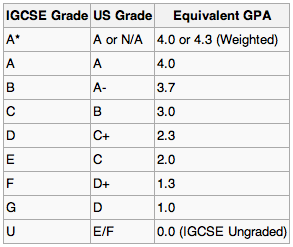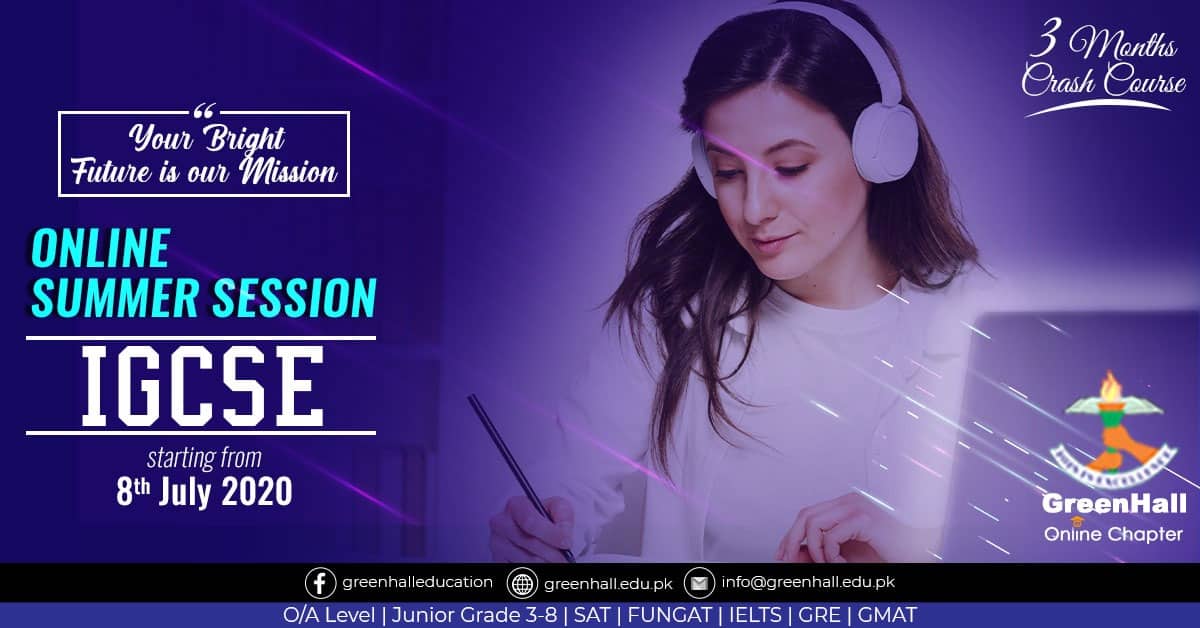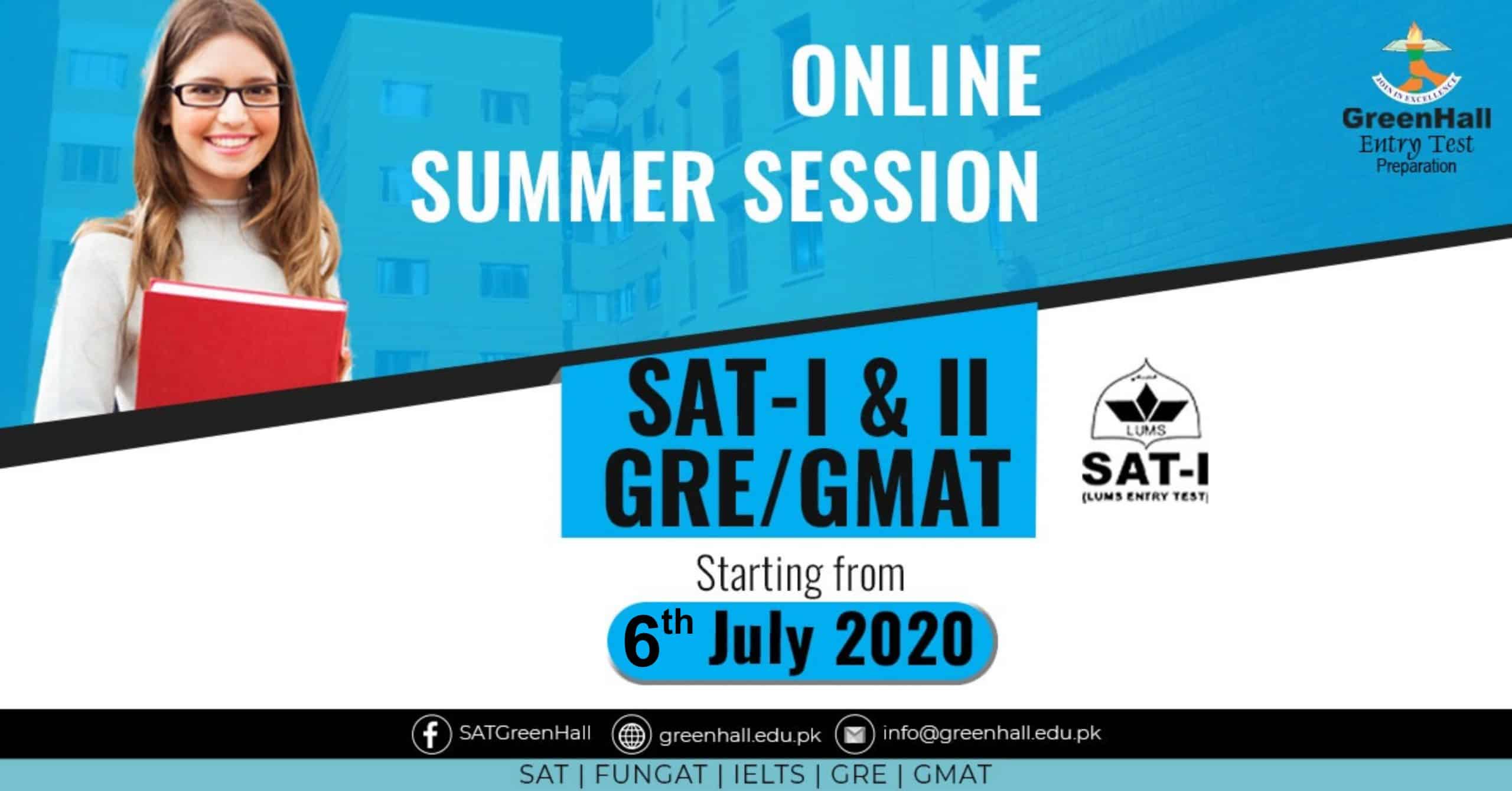What is IGCSE?
IGCSE is the abbreviation of International General Certificate of Secondary Education. It is world most popular international certification for end of secondary school (equivalent to O-Level, UK GCSE, fifth form or year 11 in respective countries and schools), before one proceeds to Advanced Level (A-Level or sixth form or year 12&13) or pre-university studies.
IGCSE was developed by Cambridge International Examinations (previously known as University of Cambridge International Examinations), in short CIE, in 1988. University of Cambridge has been the UK local examination board since 1858. The term “IGCSE” is a registered trademark of University of Cambridge. Generally, when one mentions IGCSE, it is understood as the Cambridge IGCSE from the CIE board.
The IGCSE curriculam is often considered more similar to O-Level rather than the UK national curriculums GCSE. Thus, the basis of the examination is also considered more challenging and rigorous.
Recognition
Many universities worldwide require a combination of Cambridge International A Levels and Cambridge IGCSEs to meet their entry requirements. For example, leading US and Canadian universities require Cambridge International AS & A Levels, but some US and Canadian colleges and universities will accept learners with five Cambridge IGCSEs at grade C or above.
In the UK, Cambridge IGCSE is accepted as equivalent to the GCSE. Many UK universities look at Cambridge IGCSE grades, as well as predicted grades for Cambridge International A Level, when making admissions decisions.
IGCSE is also popular among homeschoolers, and adult students. Though IGCSE is being taken by students typically in the age group 14-16 (or 15-17 depending on primary 1 entry age), it also allows students from alternative education and adult students to sit for the exam and continue personal education advancement at any age.
Some homeschooling educators in the US are choosing IGCSE as oppose to the standard American high school curriculums, because it is said to be a year (or more) advanced than the standard American high school course.
Subjects
IGCSE offers more than 70 subjects. Students are required to take a minimum of 5 or maximum of 14 subjects. The core subjects are English, Mathematics and Sciences. Students can also choose other subjects ranging from Social Sciences (commonly Accounting, Business Studies, Economics, Sociology) to Arts & Technology (commonly Computer Studies, Information & Communication Technology (ICT), Art & Design).
Student is awarded with one IGCSE certificate on each subject. If you take 5 subjects, you will be awarded 5 IGCSE certificates. The number of subjects need to be taken is varied from school to school, and also depends upon individual preference.
Cambridge IGCSE subjects
Regularly updated and extended, Cambridge IGCSE provides you with a wide range of well-resourced and supported courses.
GreenHall Academy Currently offering following subjects.
Math , Physics , Chemistry , Biology , ICT , English.
The IGCSE is graded from A* to G, with U stated as “Ungraded”. Students are required to obtain minimum grade C for the 5 core subjects in order to proceed to the next advanced level or further education. IGCSE grading overview is as below:

Difference between IGCSE Core and IGCSE Extended
To take account of differing abilities, there is a choice between Core and Extended curriculum papers in most subjects. This allows teachers to decide on the most appropriate level of papers for their students.
The Core curriculum in each subject is within the ability range of a large majority of students. It provides a full overview of the subject and is targeted at students expected to achieve grades C to G.
The Extended curriculum, which comprises the Core curriculum and the Supplement, has been designed for the more academically able and leads naturally into higher education or professional training. It is targeted at those expected to achieve grades A* to E. The Supplement describes the extra topics or depth which must be added to the Core to produce the Extended curriculum.
Students need not enter for the same level of curriculum in all subjects.
| Target Grades | Grades Available | |
| Core Curriculum | C D E F G | |
| Extended Curriculum | A* A B C D E |
The overlap of three grades (C, D and E) is designed to accommodate students who perform either better or worse than their teachers expect. Students who fail to meet the minimum satisfactory standard for either the Core curriculum (Grade G) or the Extended curriculum (Grade E) will be ungraded.
In a few subjects, the examination covers the complete ability range and there is no choice of curriculum. For these subjects, the full range of grades is available.
Group Award ? Cambridge ICE
The Cambridge ICE certificate is a group award designed for schools that want to offer a broad curriculum. Candidates enter and sit for a minimum of seven subjects selected from the five IGCSE curriculum areas:
-
- Group 1 – Languages
-
- Group 2 – Humanities and Social Sciences
-
- Group 3 – Sciences
-
- Group 4 – Mathematics
- Group 5 – Creative, Technical and Vocational
Cambridge ICE is awarded to candidates who pass in at least 7 (seven) Cambridge IGCSE subjects, including two from Group 1 and one from each of Groups 2 to 5. The seventh subject may be chosen from any of the syllabus groups.
Candidates who qualify for the Cambridge ICE award will be placed in one of three categories:
Distinction – Grade A or better in five subjects and grade C or better in two subjects.
Merit – Grade C or better in five subjects and grade F or better in two subjects.
Pass – Grade G or better in seven subjects.










